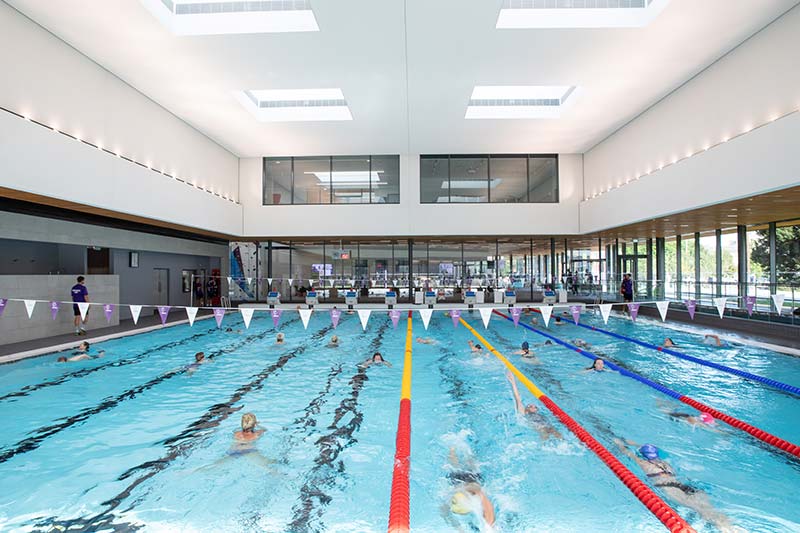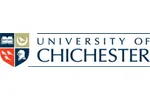Overview
Our experiences in childhood and adolescence can have a huge influence on the choices we make and how society sees us.
On this Childhood and Youth Studies with Criminology degree, you'll explore the issues affecting children and young people aged 8–18, and the role of the criminal justice system and the causes of crime – as well as how these subject areas interconnect.
Learning from academic researchers and staff with experience as practitioners in the field, you'll focus on child development, children's learning and relationships, and delve into the complex policies, practices and societal pressures that impact them.
You'll also have the chance to focus your childhood and youth studies on a particular specialism - education and teaching, community and youth/family provision, or leadership and enterprise.
After the course, you'll graduate with the skills and knowledge for a rewarding career working with children and young people in a variety of settings, including youth intervention, youth justice and social work.
Course Highlights
- Spend two-thirds of your time at the School of Education and Sociology, examining topics around child development, children and society, education, psychology, health and social work
- Spend your remaining time studying at the School of Criminology and Criminal Justice, learning about crime, punishment and rehabilitation
- Practise real-world scenarios in our Family Assessment Room, where you'll examine how parents and children feel during family meetings, and explore your responsibilities as a practitioner
- Have the opportunity to do a youth work placement year after your second or third year on this Connected Degree - we're the only UK university to offer flexible sandwich placements for undergraduates
- Tailor your studies to your career goals and interests, and have the option to complete pre-entry qualifications for a career in probation work or community justice
- Enrich your learning and build relationships with potential employers by volunteering, studying abroad or doing a work placement alongside your studies
- Develop a set of key transferable life and career skills, including critical thinking, team working, empathy and problem solving
- Choose to learn a foreign language for free as part of your degree, from a selection of Arabic, British Sign Language, French, German, Italian, Japanese, Mandarin or Spanish
Careers and opportunities
Understanding child development and the factors that shape the early years helps us support young people as they move through life, especially at times of difficulty.
With its two distinct yet interrelated subject areas, this Childhood and Youth Studies with Criminology degree will prepare you for a range of careers working on behalf of children and young people.
You'll graduate with the knowledge and insight to advocate for young people's futures in relation to the challenges they face, including those connected to crime and the law.
There's significant demand for graduates who have the expert skills and knowledge to work with young people and children in the community in this way, particularly since the pandemic and its impact on education.
You'll also gain valuable transferable skills, including leadership, people management and contextual communication.
Careers and employment
Our graduate employment rates are among the UK's best, with 94% of our students in work and/or further study.
Find out moreWhat can you do with a childhood and youth studies with criminology degree?
After the course, you could work in areas such as:
- youth work
- law enforcement and the police
- social work
- social justice
- children's rights
- social policy
- probation
- educational welfare
- health promotion
- teaching
















